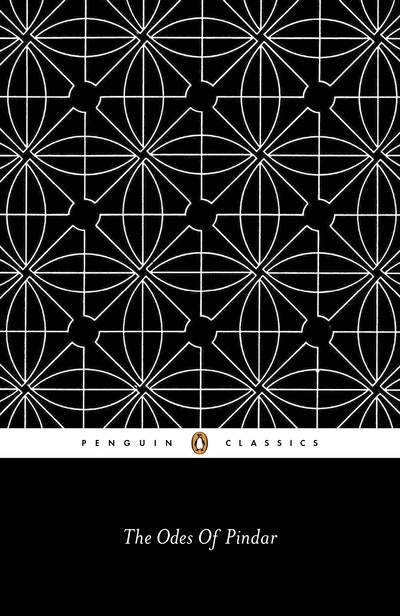'What Pindar catches is the joy beyond ordinary emotions as it transcends and transforms them' - C. M. Bowra
Arguably the greatest Greek lyric poet, Pindar (518-438 B. C.) was a controversial figure in fifth-century Greece - a conservative Boiotian aristocrat who studied in Athens and a writer on physical prowess whose interest in the Games was largely philosophical. Pindar's Epinician Odes - choral songs extolling victories in the Games at Olympia, Delphi, Nemea and Korinth - cover the whole spectrum of the Greek moral order, from earthly competition to fate and mythology. But in C. M. Bowra's clear translation his one central image stands out - the successful athlete transformed and transfigured by the power of the gods.
Translated with an introduction by C. M. Bowra.
%%%'What Pindar catches is the joy beyond ordinary emotions as it transcends and transforms them' - C. M. Bowra
Arguably the greatest Greek lyric poet, Pindar (518-438 B. C.) was a controversial figure in fifth-century Greece - a conservative Boiotian aristocrat who studied in Athens and a writer on physical prowess whose interest in the Games was largely philosophical. Pindar's Epinician Odes - choral songs extolling victories in the Games at Olympia, Delphi, Nemea and Korinth - cover the whole spectrum of the Greek moral order, from earthly competition to fate and mythology. But in C. M. Bowra's clear translation his one central image stands out - the successful athlete transformed and transfigured by the power of the gods.
Translated with an introduction by C. M. Bowra.


